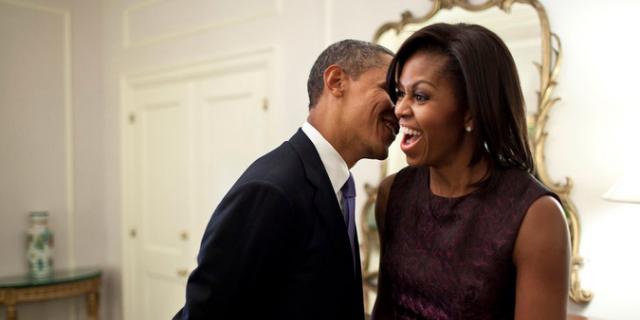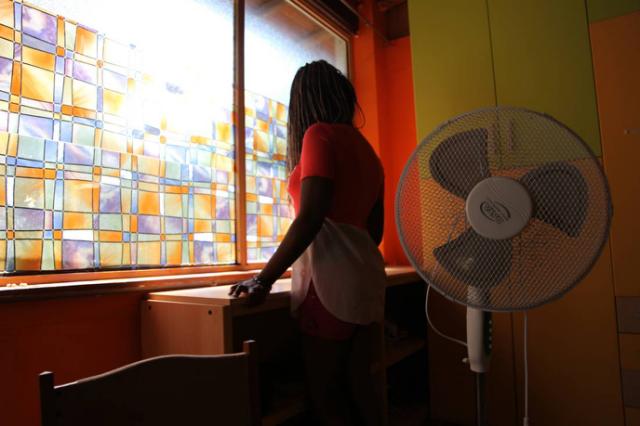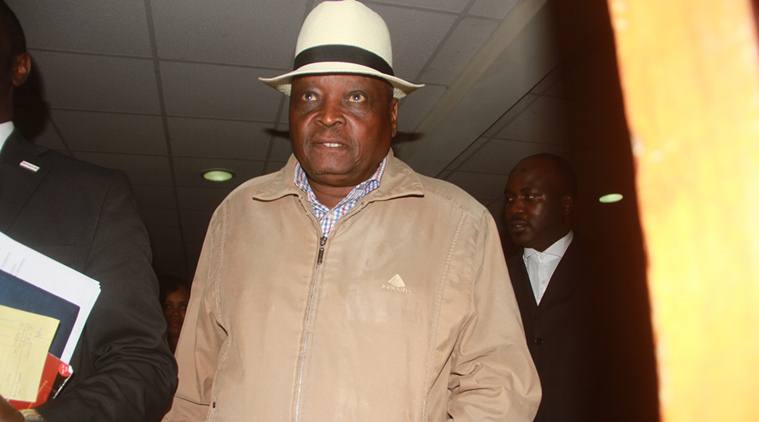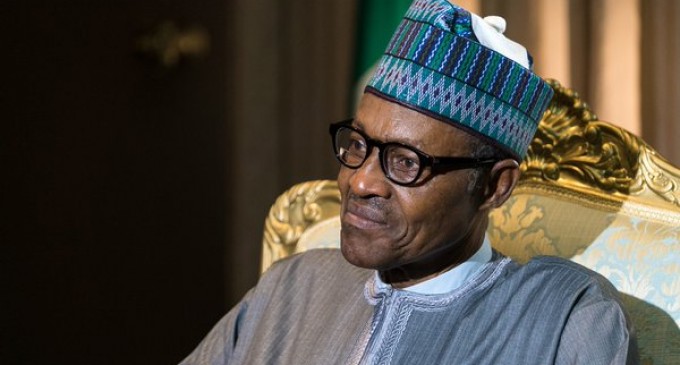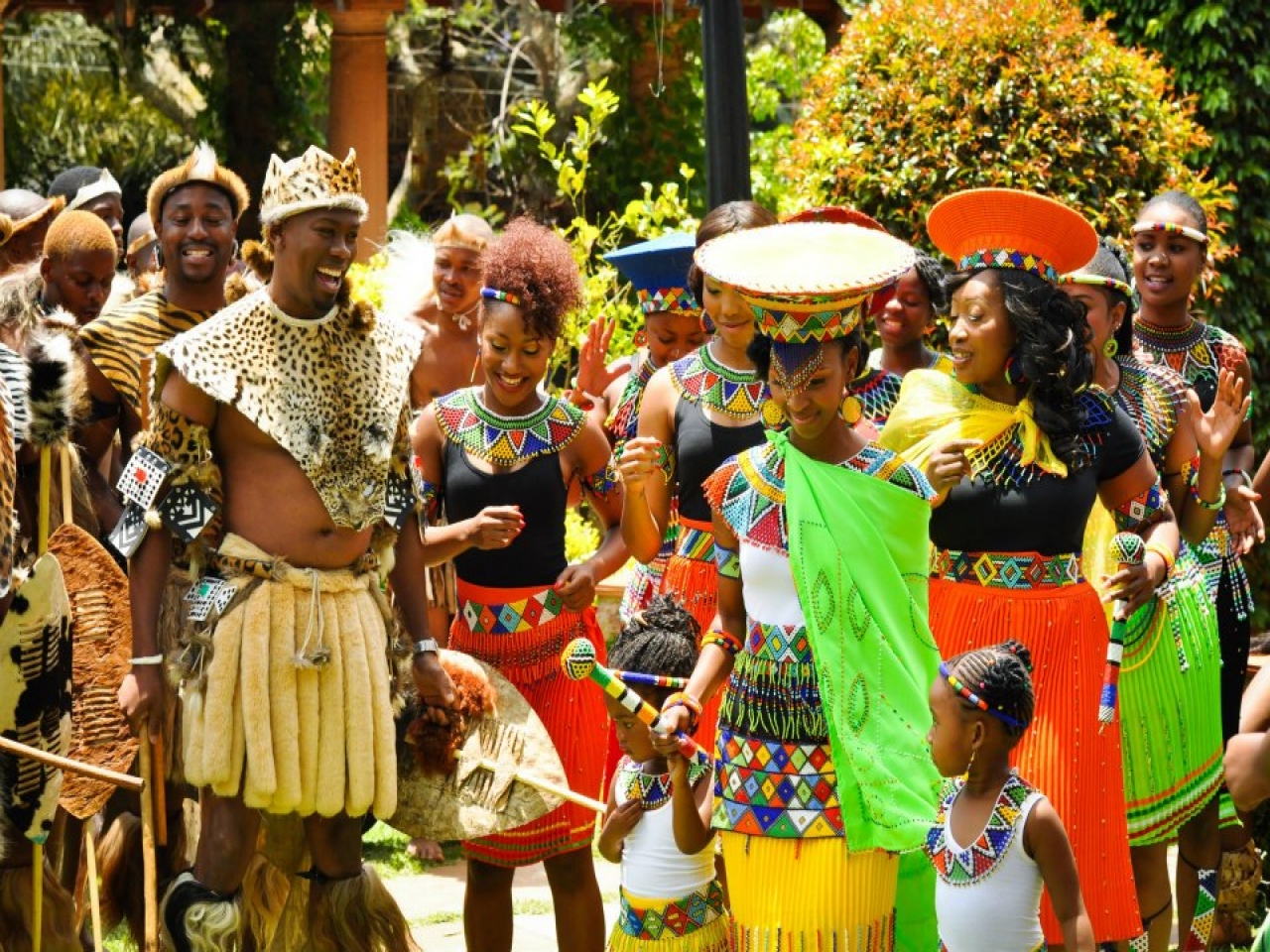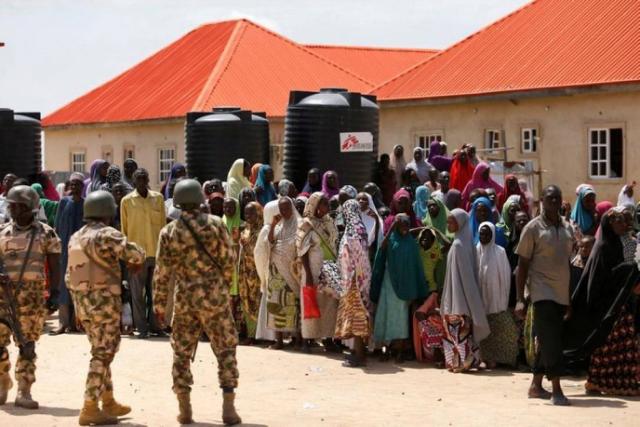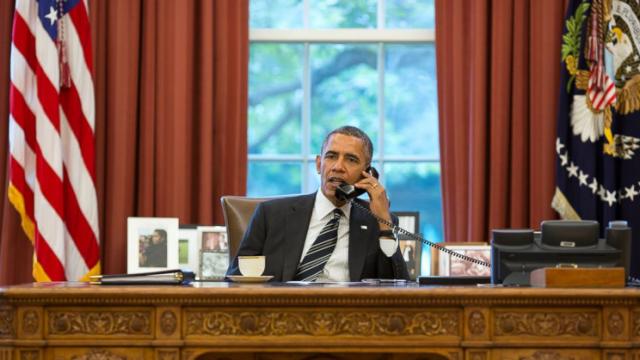CHICAGO — Amid rumors of campaign disarray and unease over his debate performance, Donald Trump took aim at Hillary Clinton in a more personal way Wednesday, mocking her for taking days off the campaign trail and suggesting she would only bring scandal to the White House if elected.
Campaigning in Council Bluffs, Iowa, the celebrity businessman turned Republican presidential nominee delivered a scathing scripted speech casting Clinton as a corrupt insider who has had many opportunities to bring change to Washington but failed.
RELATED: In Windy City, Trump suddenly quiet on Chicago violence
For nearly a half-hour of his 45-minute speech, Trump relitigated a litany of Clinton scandals, including the flaps over her private email server and dealings between Clinton’s State Department staff and the Clinton Foundation. Linking his rival to her husband, former President Bill Clinton, Trump described them as “the sordid past” and his campaign as “the bright future.”
“Hillary Clinton is an insider fighting only for insiders,” Trump declared. “She disgraced the office of secretary of state, putting it up for sale. And if she ever got the chance, she would put the Oval Office up for sale too.”
“Follow the money,” he repeated again and again. “The Clintons have perfected the politics of profit,” he added.

But Trump went off message near the end of his speech, looking away from the teleprompter to attack Clinton’s campaign stamina. He appeared to reference her stumble into a van as she left a Sept. 11 remembrance ceremony earlier this month, when doctors say she had been diagnosed with pneumonia.
“You see all the days off that Hillary takes? Day off, day off, day off,” Trump said. “All those day offs, and she can’t even make it to her car. Isn’t it tough? All those day offs… Boom.”
“She is day in, day out, and I’m campaigning,” he added.
It’s not the first time Trump has attacked Clinton’s stamina. Speaking in Ohio a few days after Clinton’s pneumonia diagnosis, he touted his own campaign abilities. “You think Hillary would be able to stand up here for an hour and do this?” Trump asked at a rally in Canton, Ohio. “I don’t know. I don’t think so.”
Trump’s comments came amid reports of staff sniping over the candidate’s debate preparations and the trajectory of his campaign. On the campaign trail and on social media, the GOP candidate has repeatedly claimed he won Monday’s debate, citing unscientific online polls. But his sour mood on the trail seems to undermine that claim.
In addition to surrogates trashing Monday’s debate moderator, NBC’s Lester Holt, Trump has assailed the media more vigorously than he has in weeks. Campaigning in Florida on Monday, Trump suggested the only reason Clinton was competitive in the race was because of the “dishonest media.” At least four times, he broke from his scripted remarks to trash the media — at one point instructing supporters to turn around and boo journalists on hand to cover the rally.
Meanwhile, anonymous leaks from Trump world suggested another round of disarray within staff ranks. Citing unnamed sources, the New York Times reported that Trump aides were unhappy with their candidate’s debate performance and were struggling to convince him to do more preparation in advance of the Oct. 9 debate.
As that story made the rounds, anonymous sources told NBC’s Katy Tur that Trump’s adult children — Donald Jr., Ivanka and Eric — are unhappy with Trump’s campaign leadership, including senior aides Kellyanne Conway, Steve Bannon and David Bossie. The same source also said the kids were increasingly concerned that the campaign was hurting the family business.
In response, the campaign released a statement that sounded like something that Trump would write himself. “They are happier than ever before, as they should be, given the success in the polls and in Monday’s debate,” the statement read.

